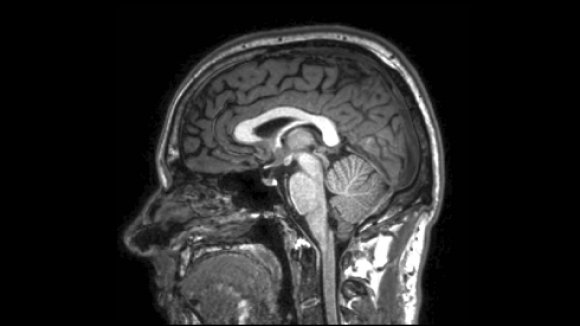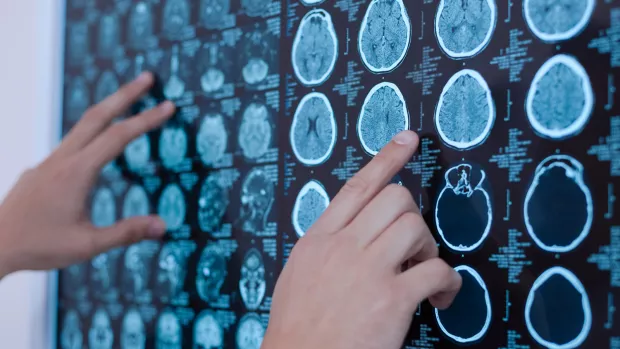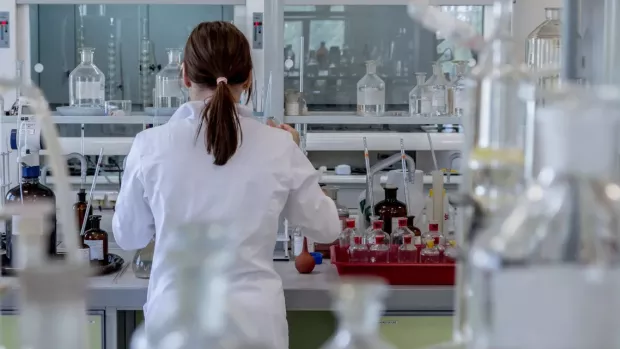
Early research trials stem cell injection into brains of people with MS
A phase I clinical trial in Italy showed a technique to deliver stem cells directly into the brain was feasible and safe for a small group of people with secondary progressive MS.
A team of researchers investigated whether it's safe to inject a special type of stem cell directly into the brain of people with MS. They're hoping to one day develop a new treatment for MS using this approach.
Neural stem cells have the ability to become a few different types of brain cell. They also have the potential to reduce inflammation and protect nerves. So researchers think these cells could have a beneficial effect in the brains of people with MS.
This has been shown in animals with MS-like conditions. But it's never been tried for people with MS.
What did they do?
The researchers grew human neural stem cells from one donor in a dish. Growing these cells in the lab means they had a good supply of identical cells. This is important because everyone in the study received the same treatment. And this technique could be easily scaled up.
Then, they delivered the cells into the brains of 15 people with secondary progressive MS. They did this through a specially inserted tube in the skull. This is the first time cells have been given to people with MS in this way. Delivering the cells directly into the brain means they're close to key affected areas in MS. So they could be more likely to reach areas like lesions in the brain.

Special stem cells injected into the brain were safe and well-tolerated by people with secondary progressive MS.Caitlin Astbury, our Research Communications Manager
What did they find?
None of the participants who took part in the study had any serious adverse effects. This means the procedure was well-tolerated.
Everyone in the trial had regular follow-up appointments in the 12 months following the injection of stem cells.
No-one showed changes in their Expanded Disability Status Scale (EDSS) or cognitive test scores. They also showed no relapses or clinical progression. But MRI scans showed that lesions in participant’s brains continued to change.
What does this mean for people with MS?
This research shows there’s a potential to explore a new way of treating MS.
This technique is very invasive, so likely would not appeal to everyone with MS as a treatment option. People also needed to take an immunosuppressant so their immune system wouldn’t react to the cells.
This approach is different to HSCT. In HSCT, doctors use haematopoietic stem cells to regrow the immune system. These cells have the ability to become a few different types of immune cells.
What’s next?
We need more research to confirm these results – this was a very small study. Then we would need clinical trials to see if this affects the condition – including testing this approach against a placebo.
Caitlin Astbury, our Research Communications Manager says: “This is a really exciting study which builds on previous research funded by us. These results show that special stem cells injected into the brain were safe and well-tolerated by people with secondary progressive MS.
“They also suggest this treatment approach might even stabilise disability progression. We’ve known for some time that this method has the potential to help protect the brain from progression in MS.
“This was a very small, early-stage study and we need further clinical trials to find out if this treatment has a beneficial effect on the condition. But this is an encouraging step towards a new way of treating some people with MS.”




